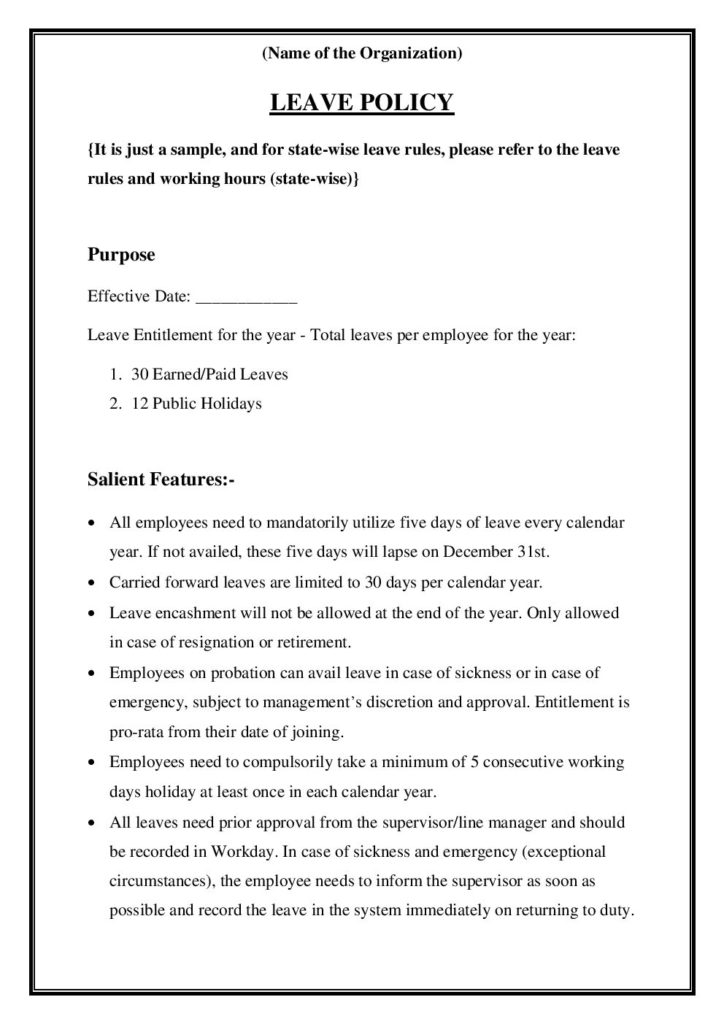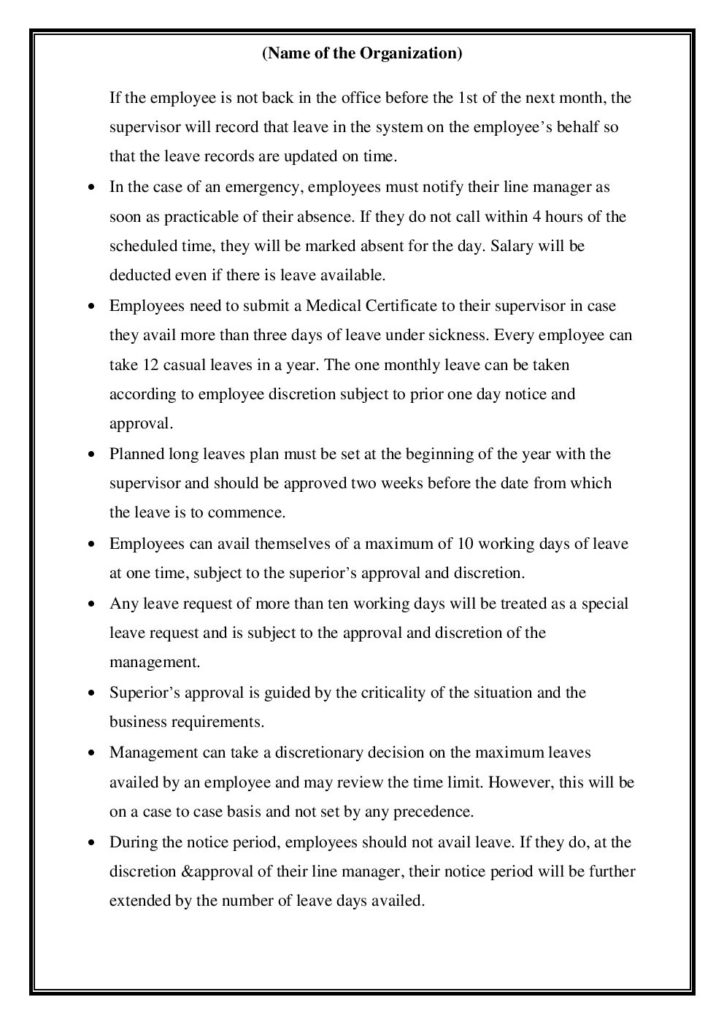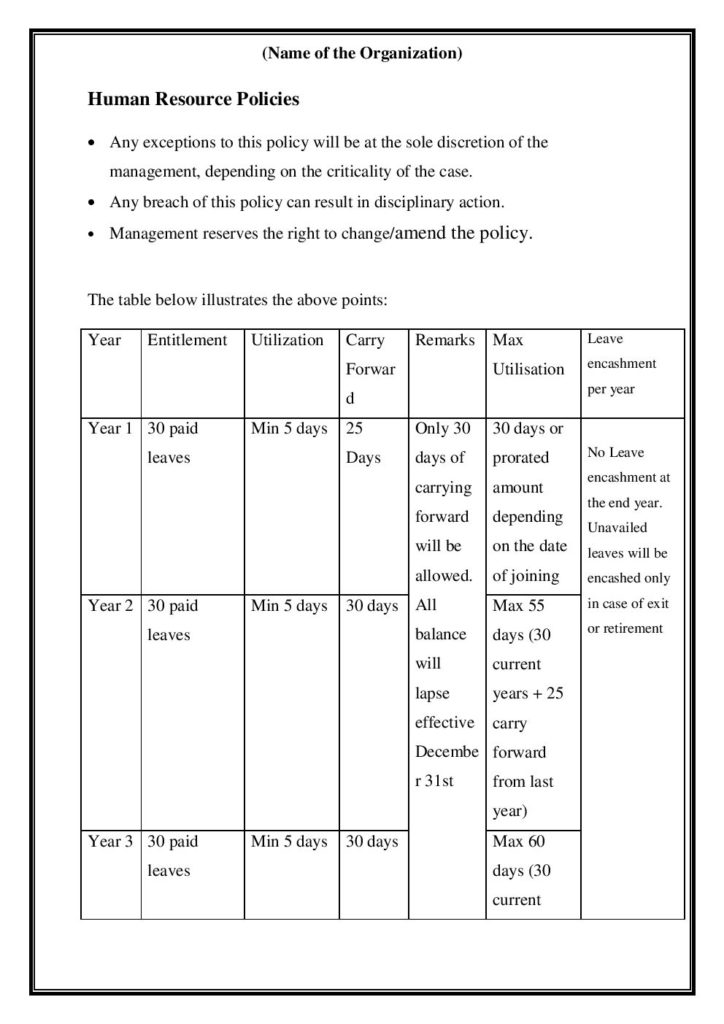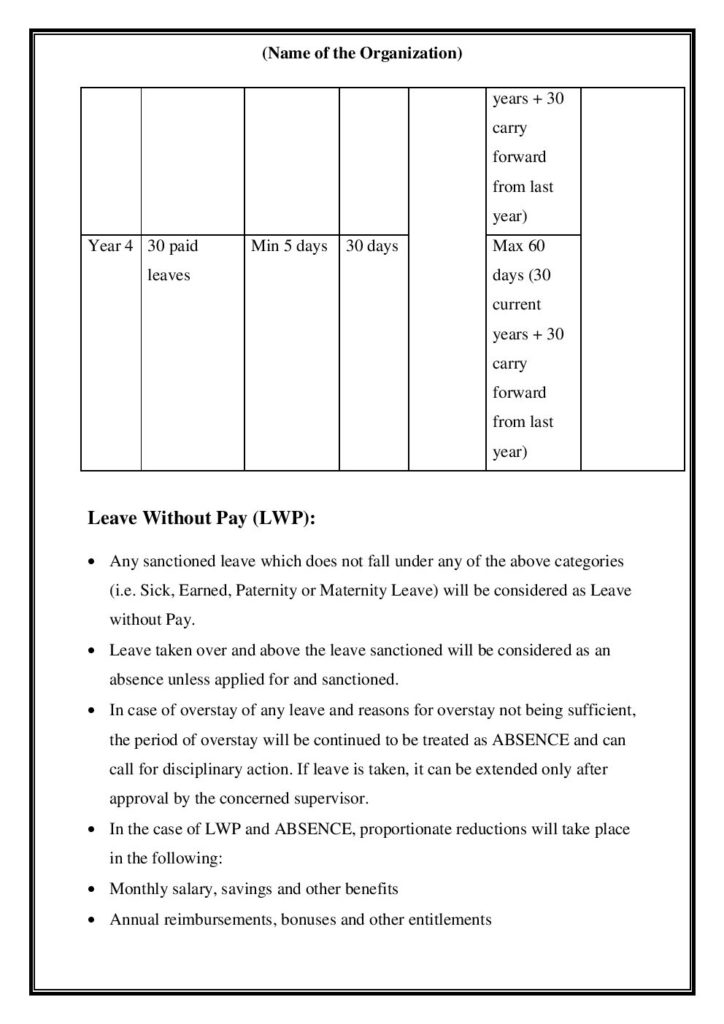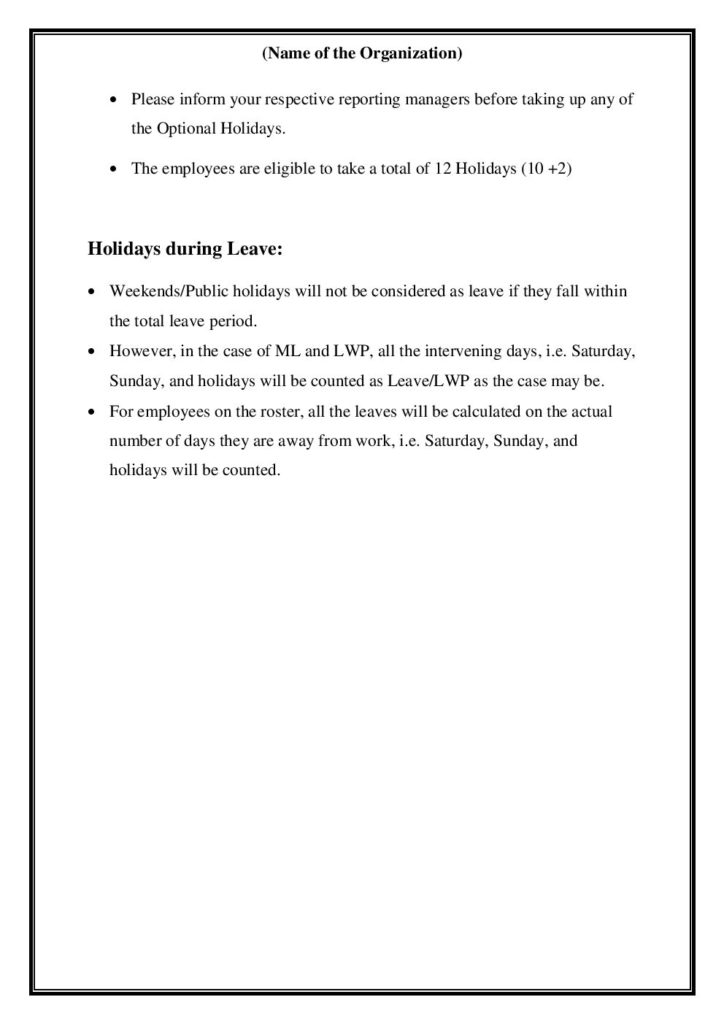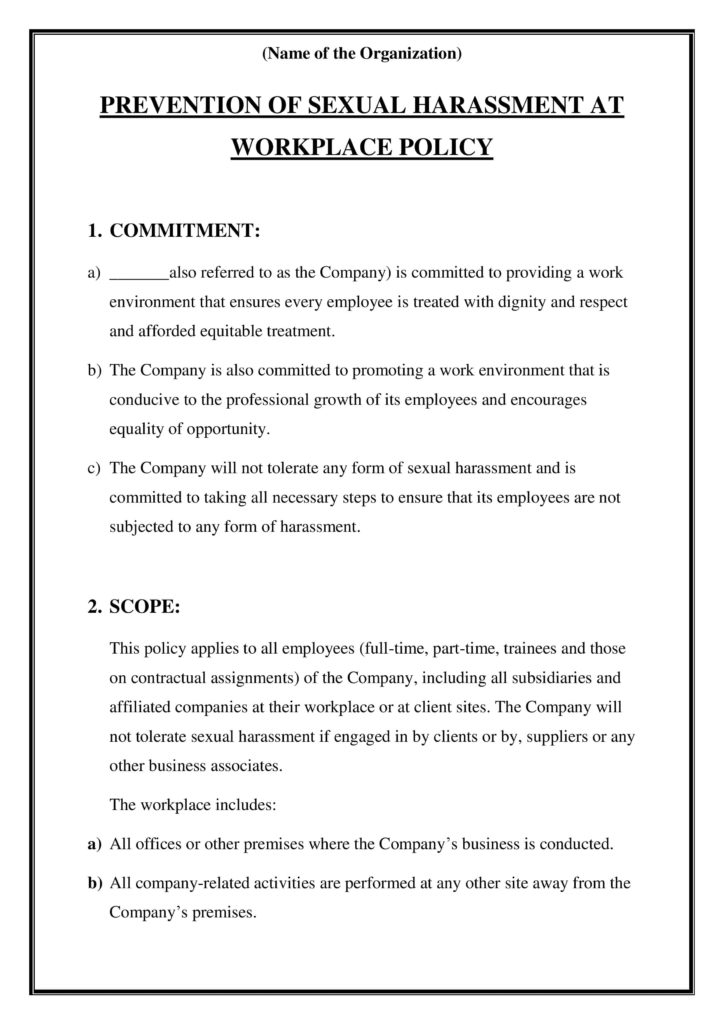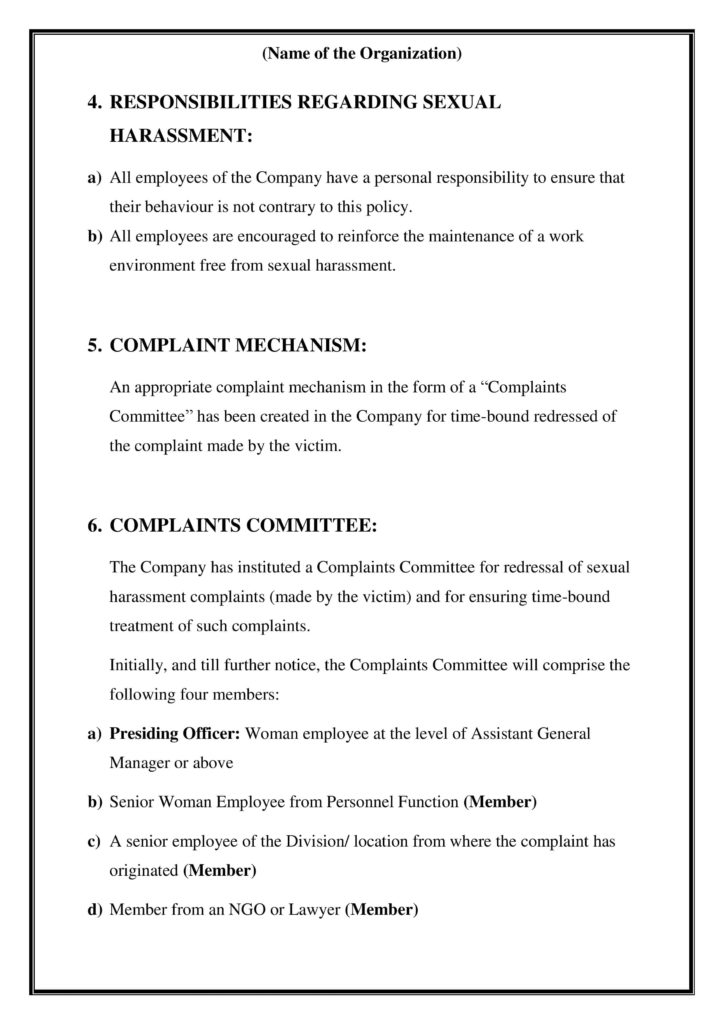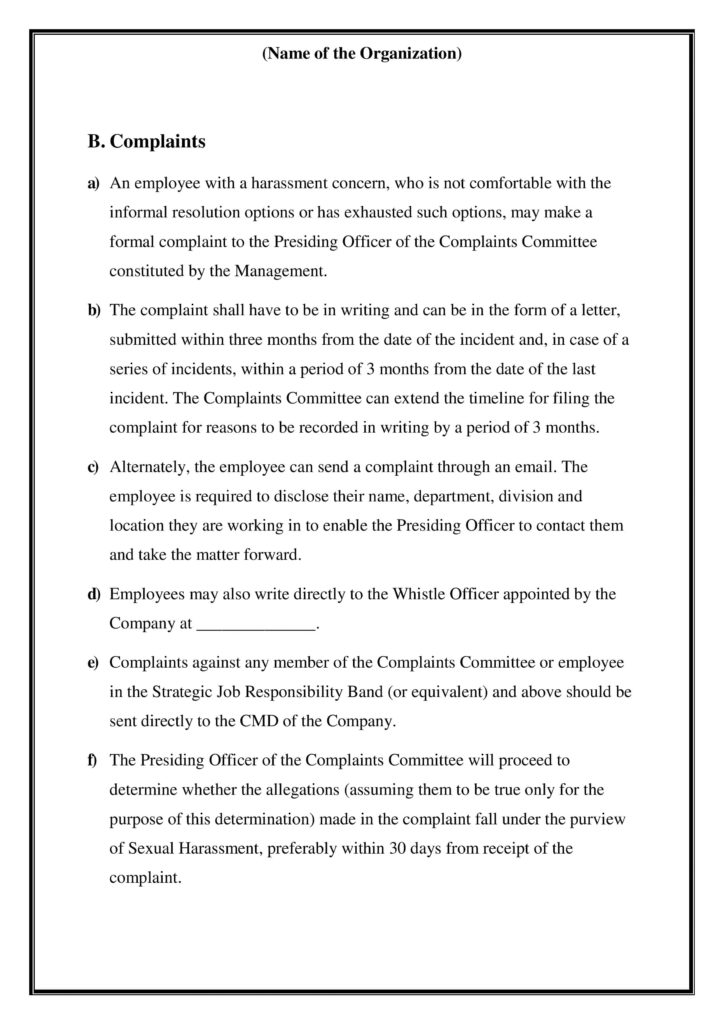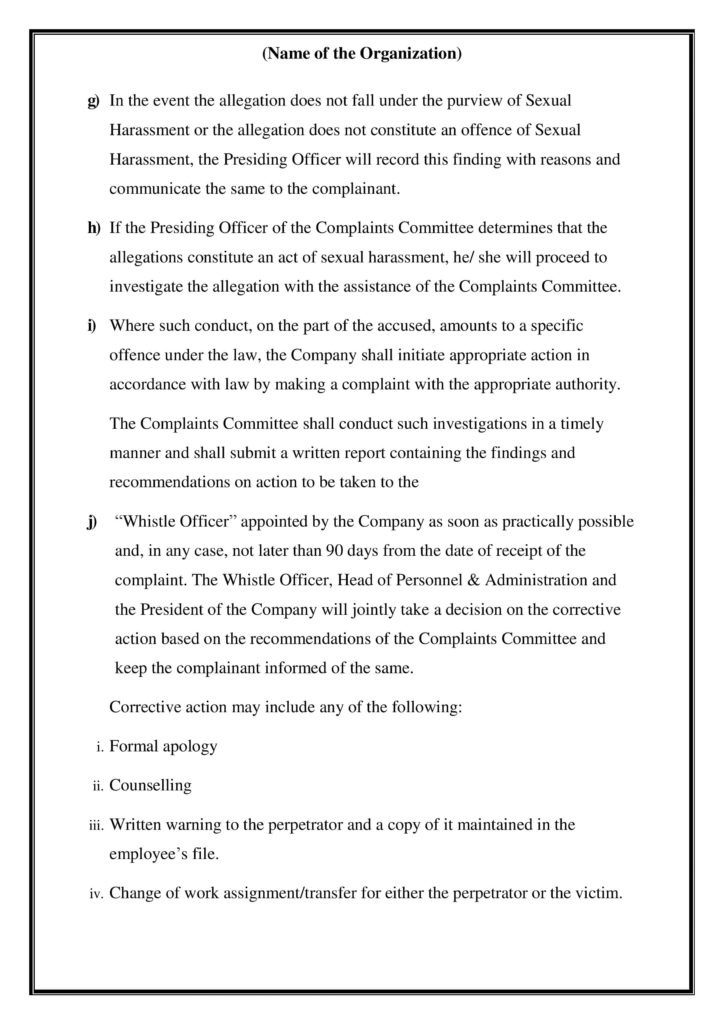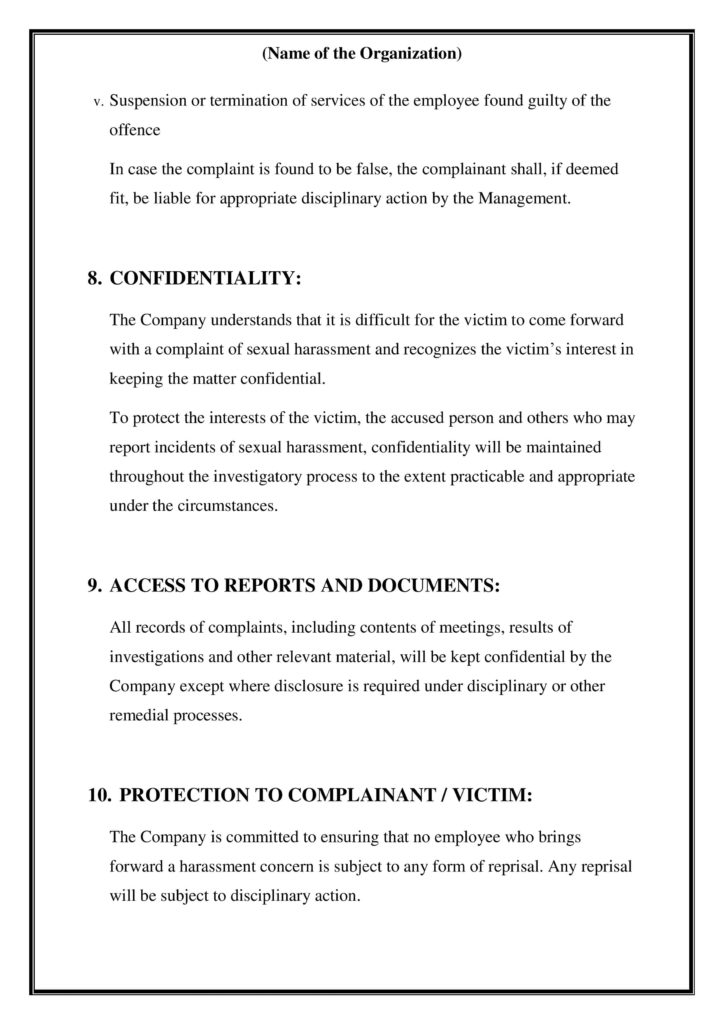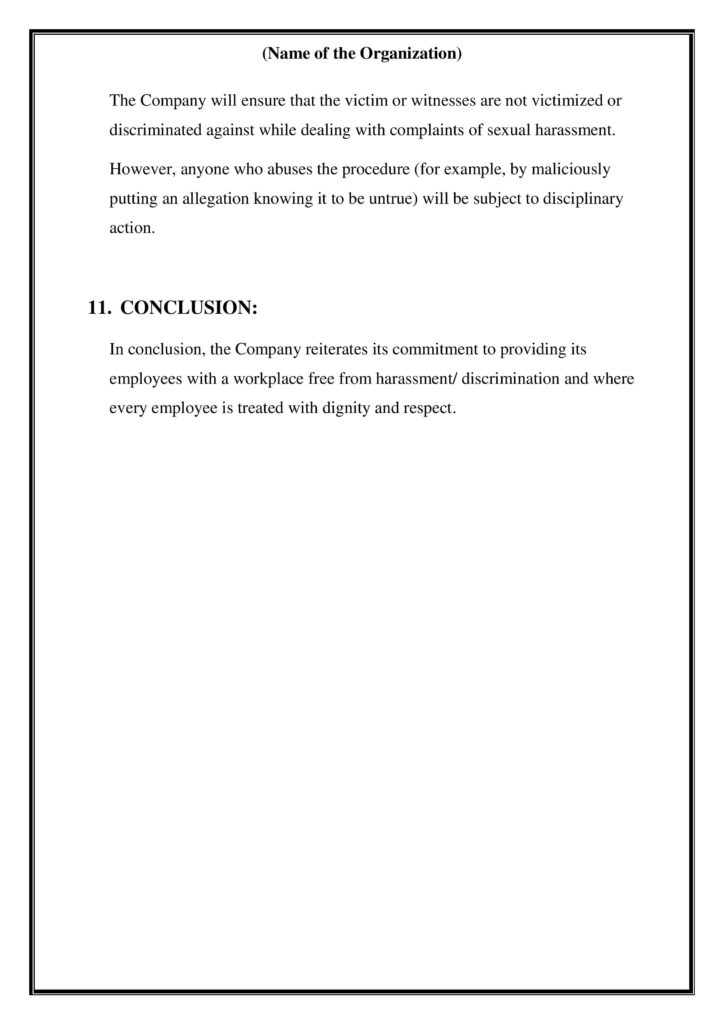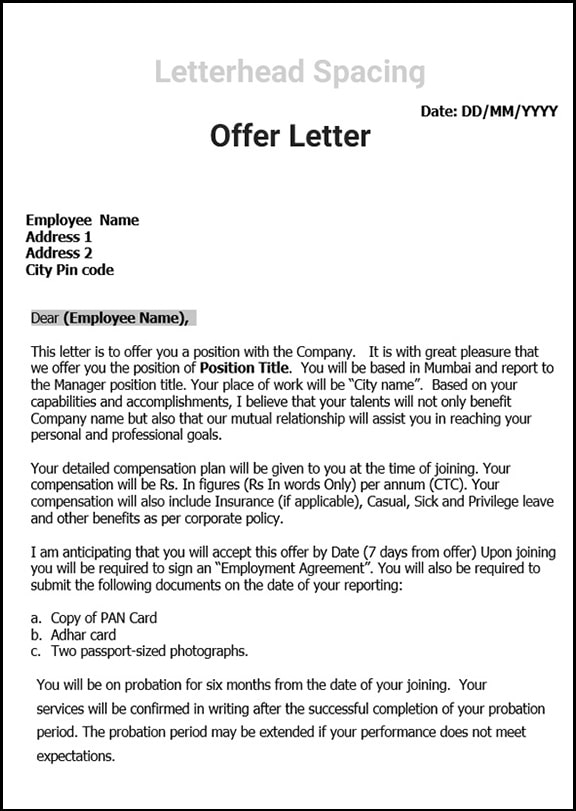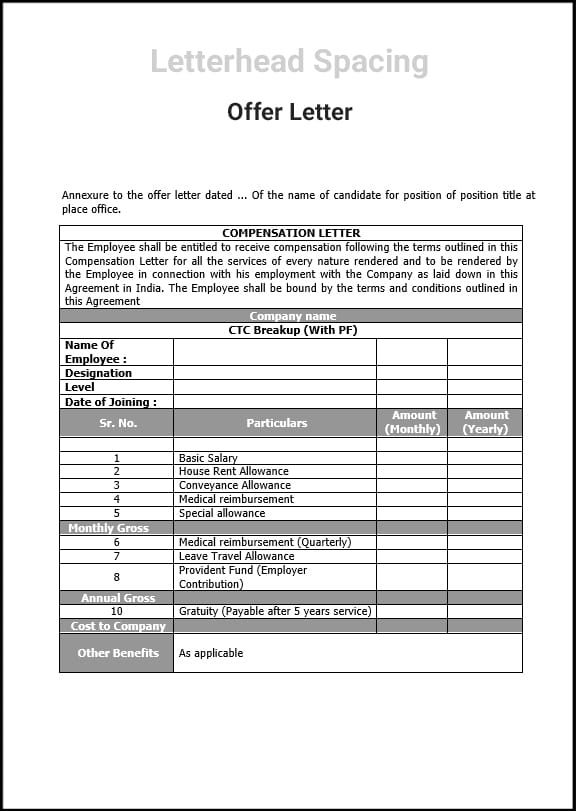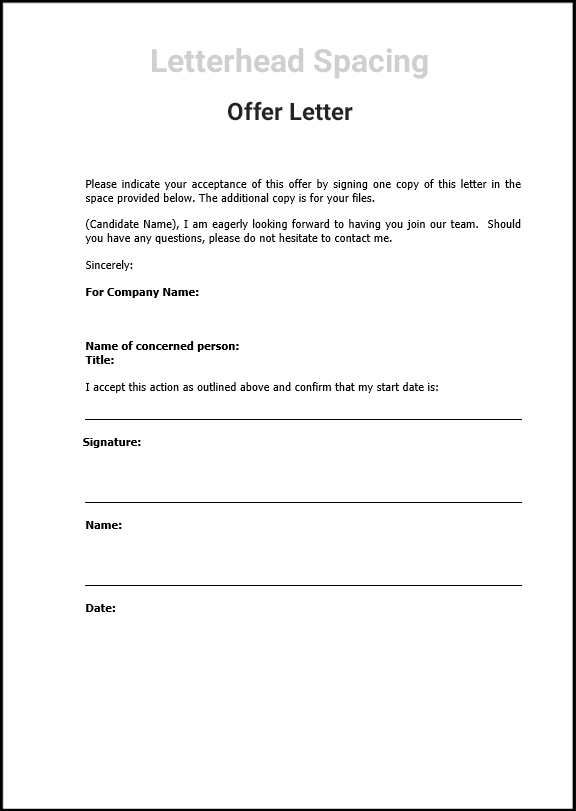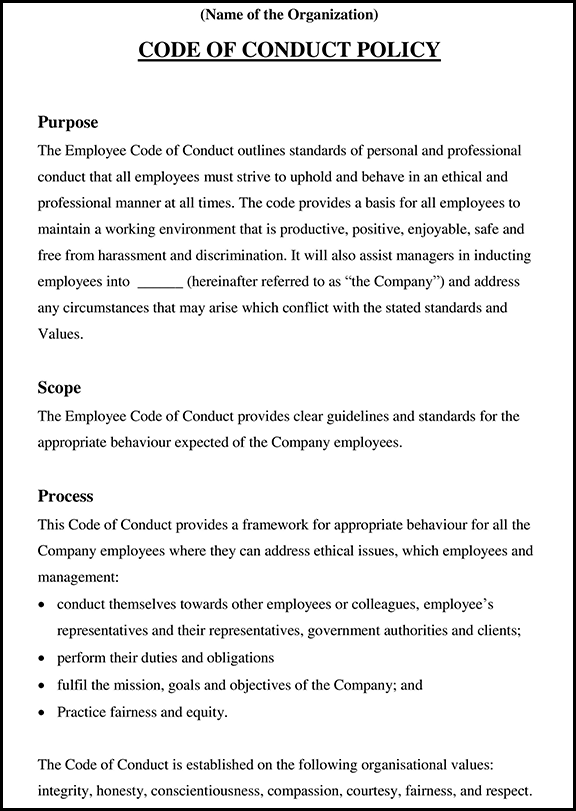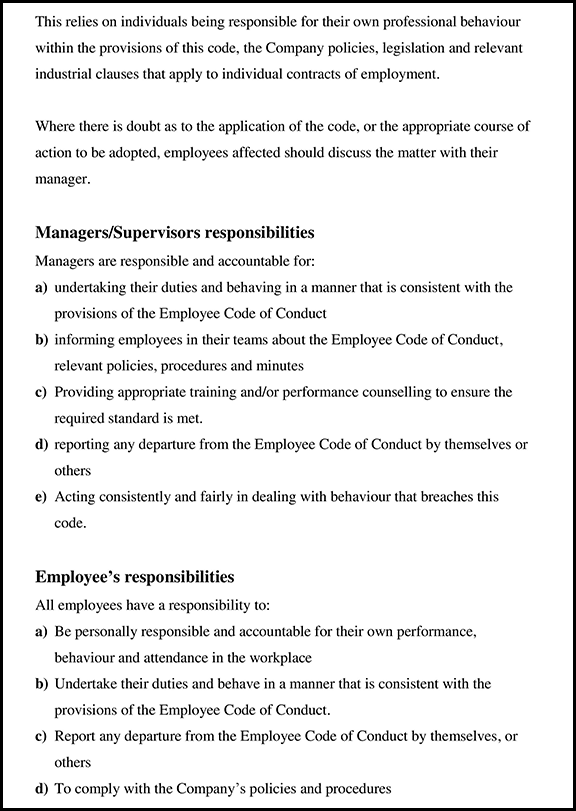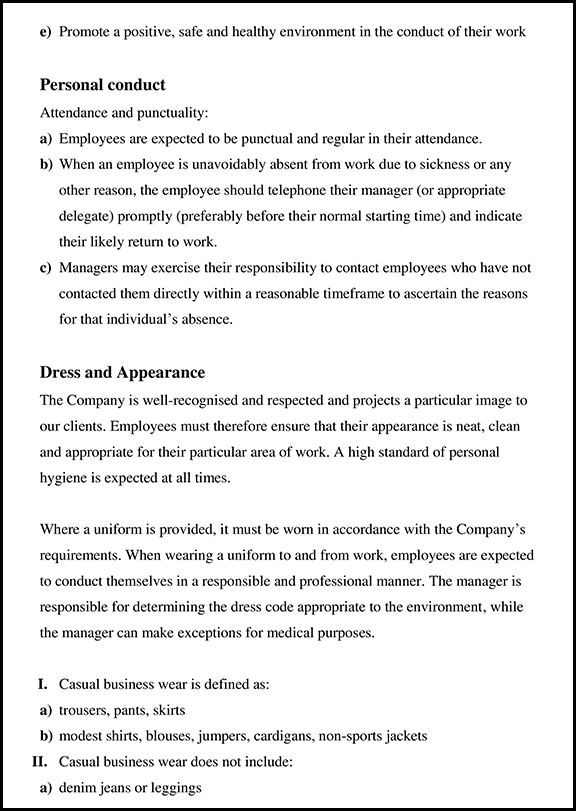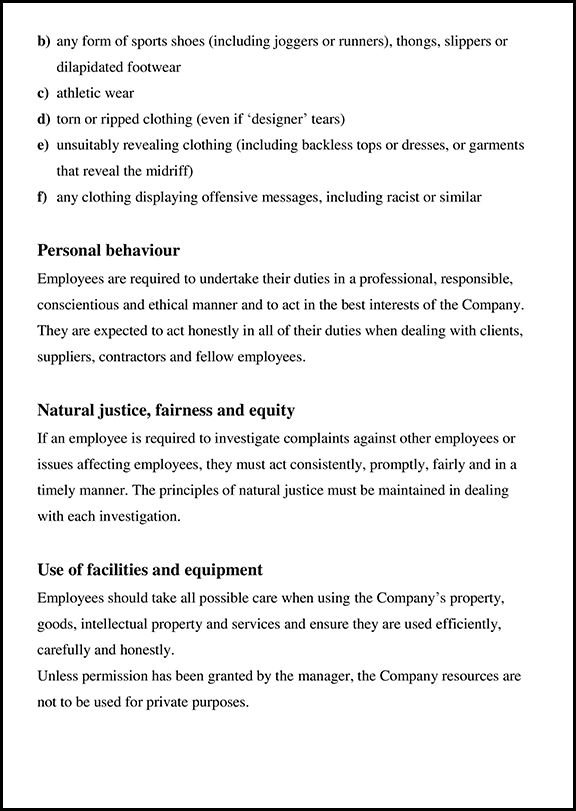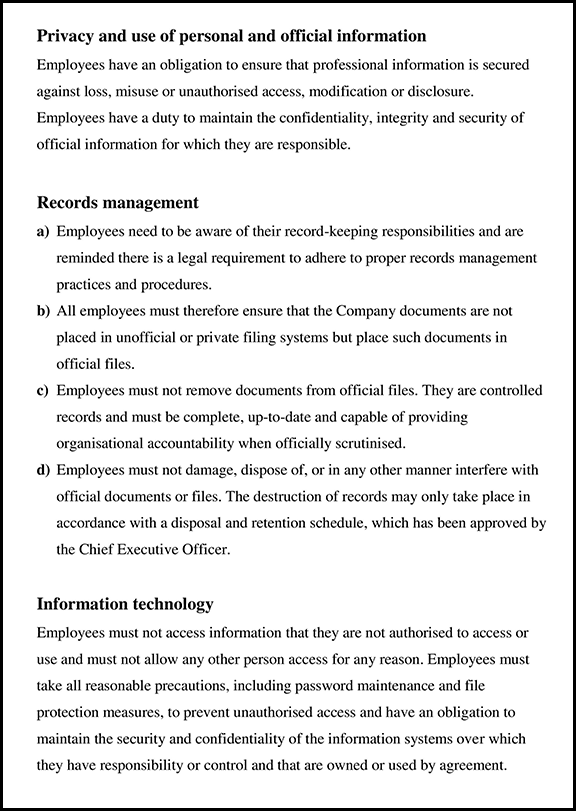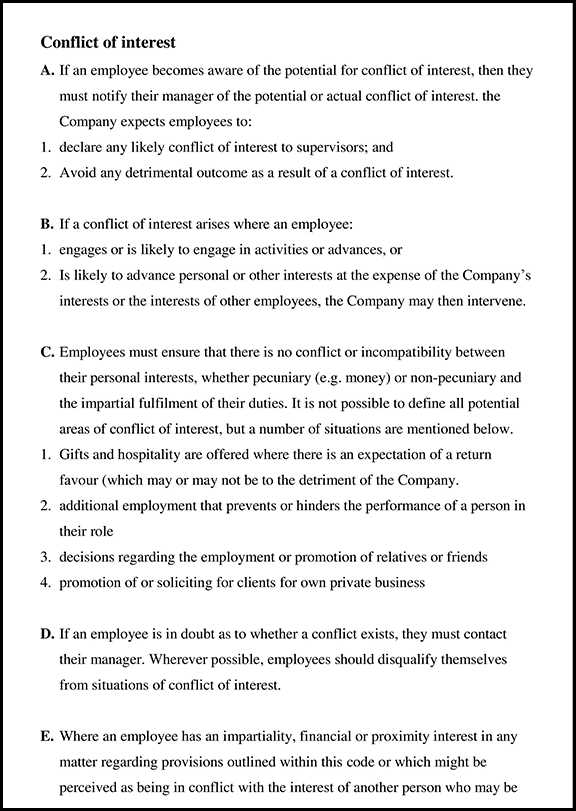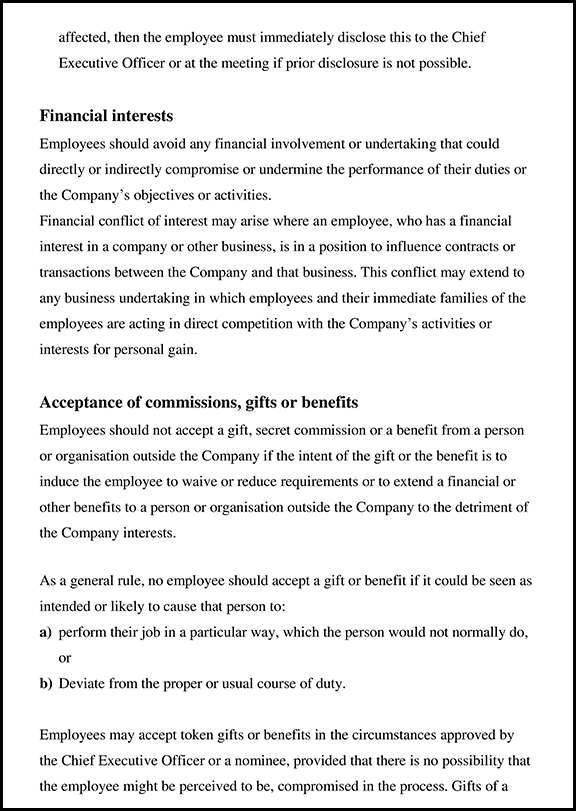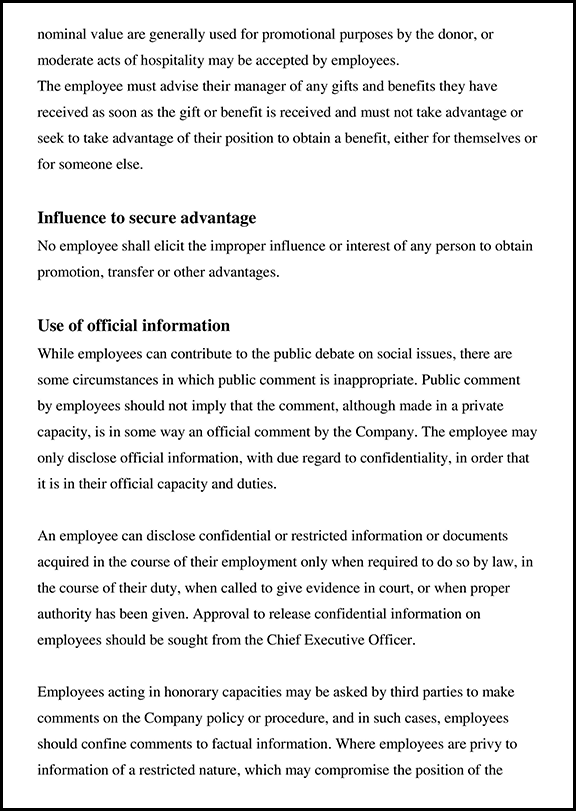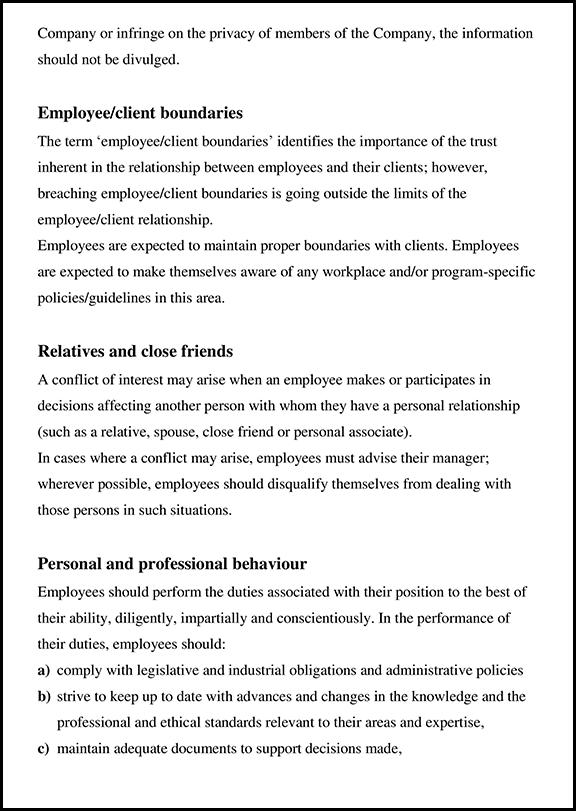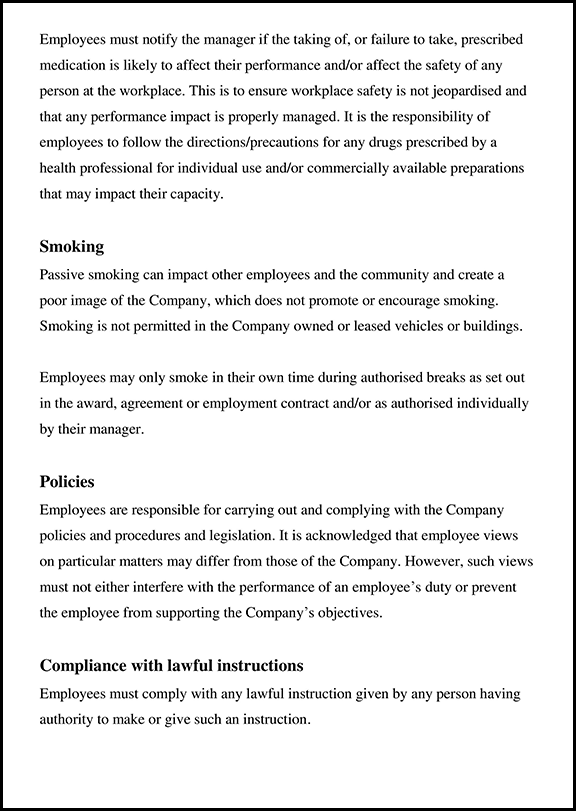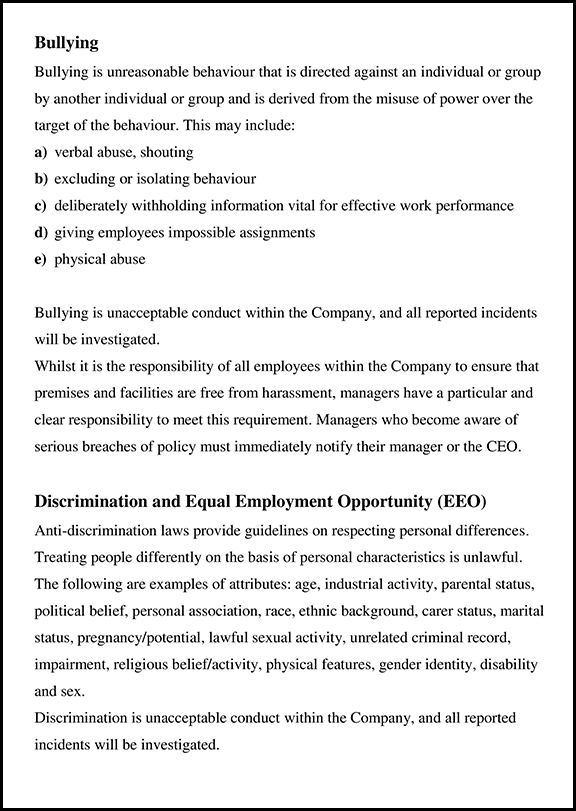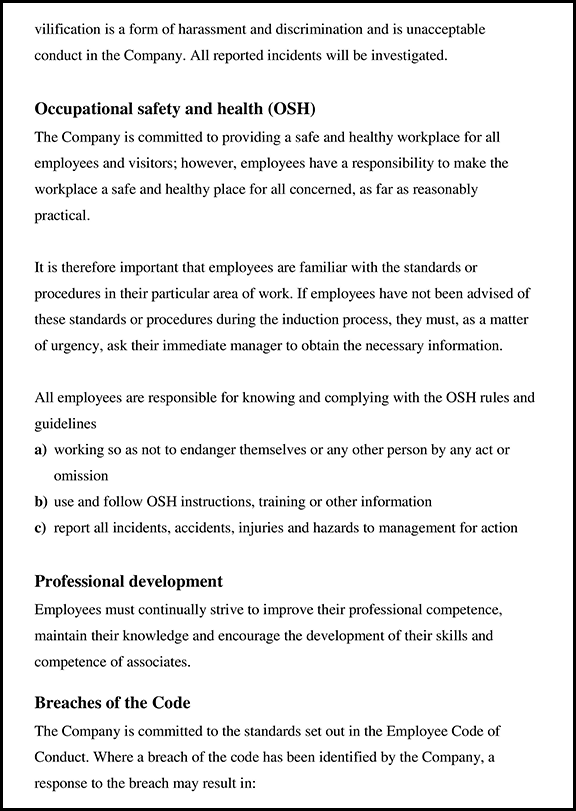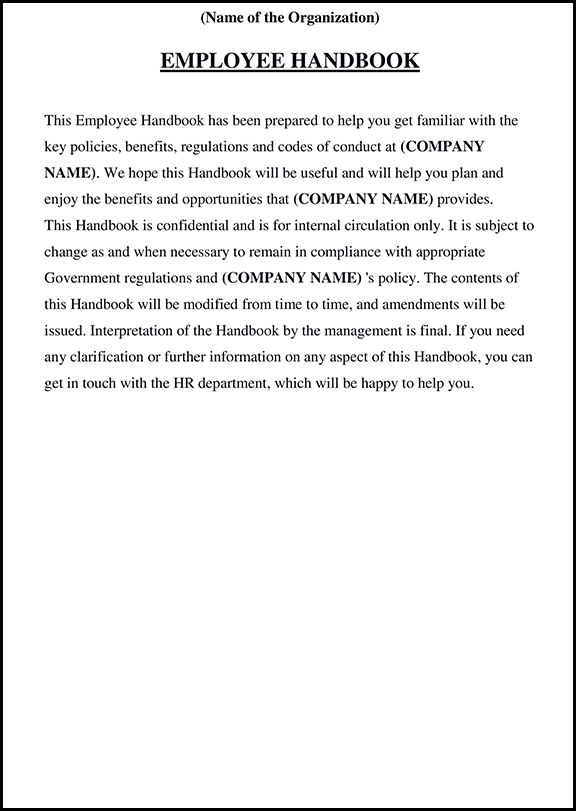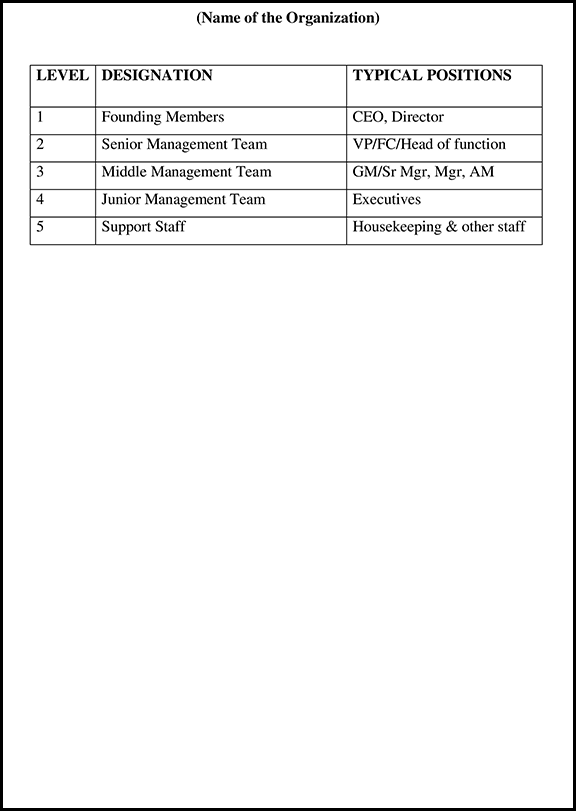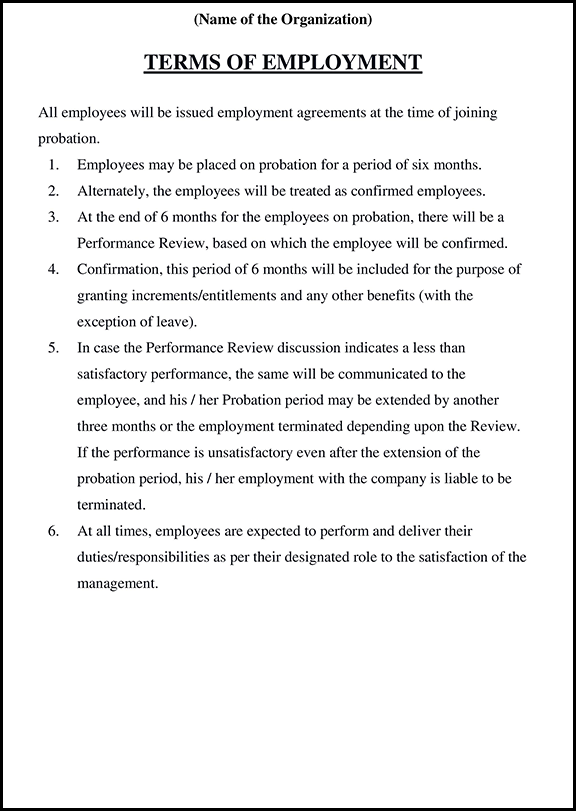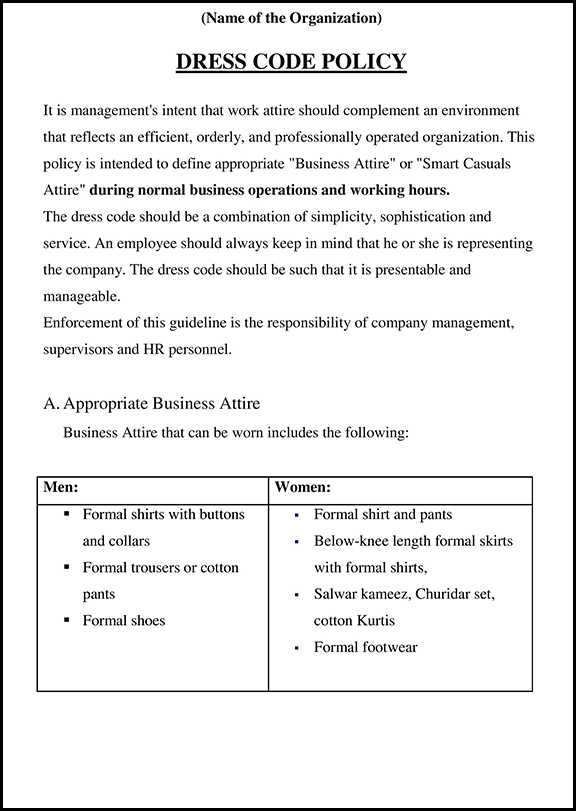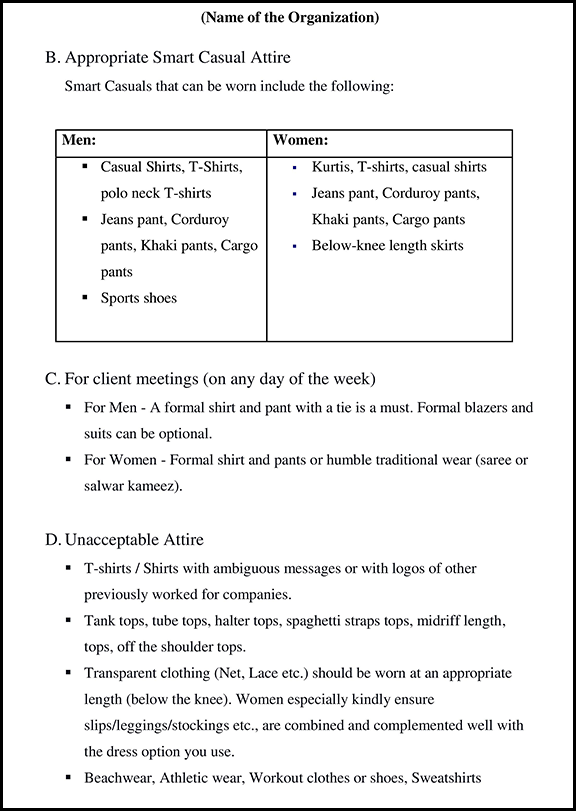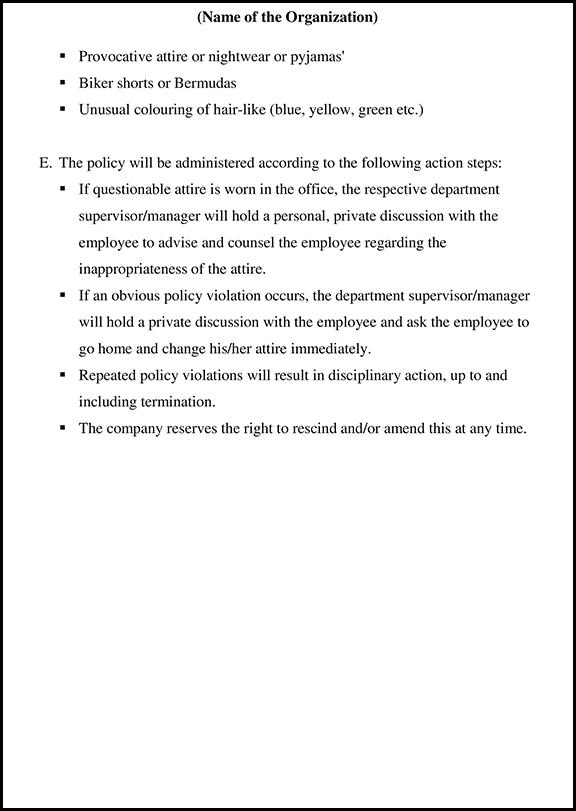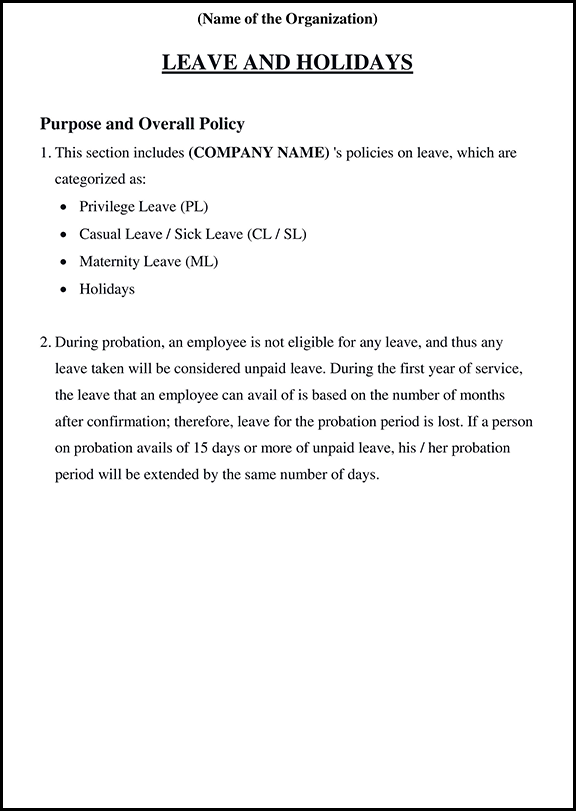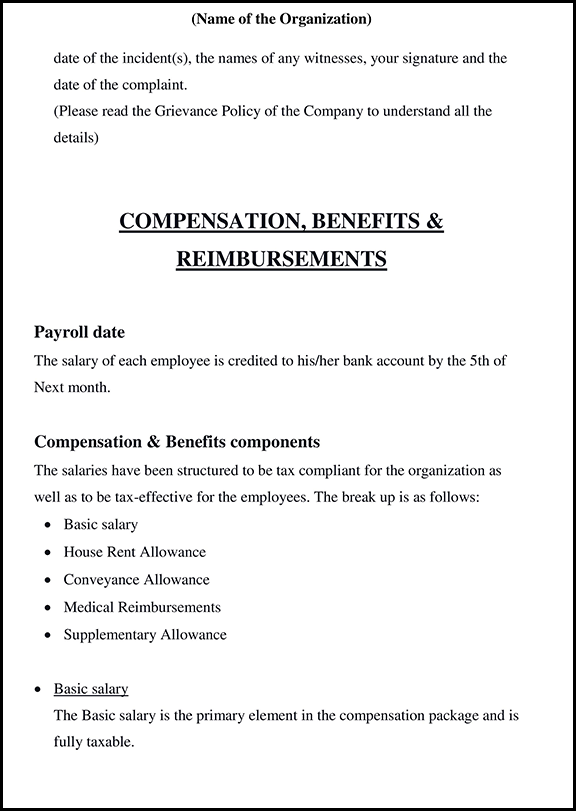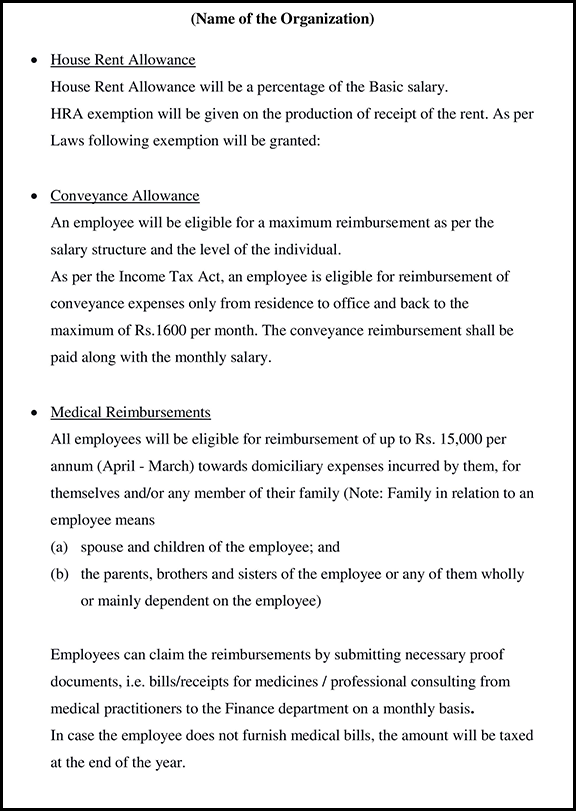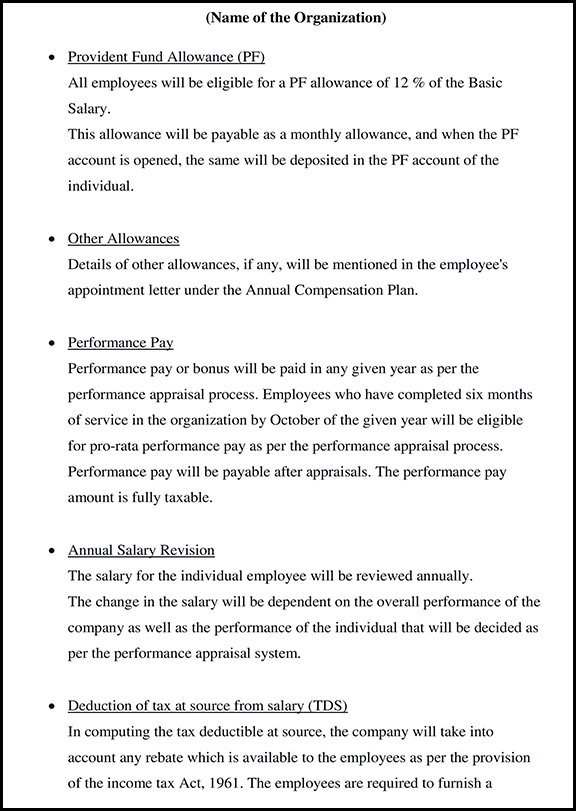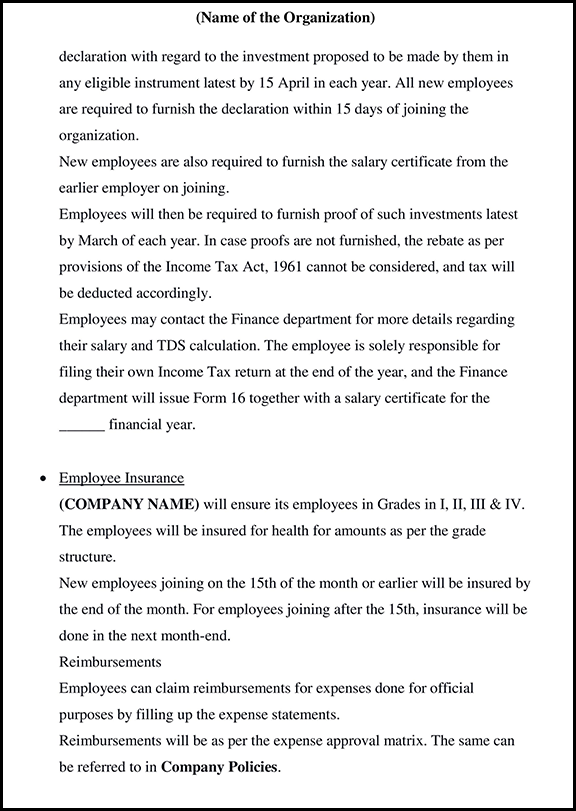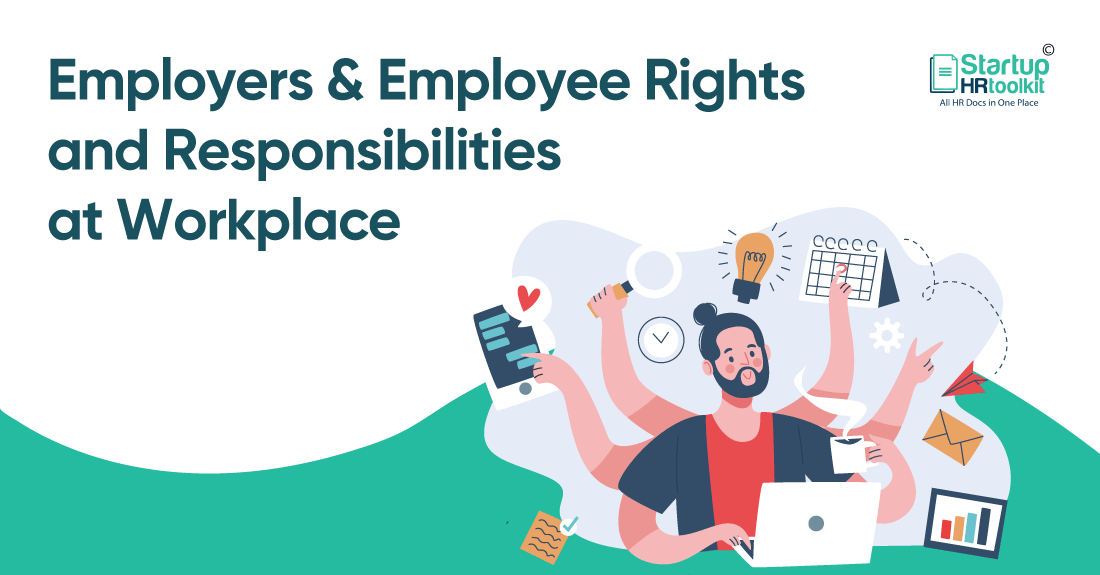
19 Employers & Employee Rights and Responsibilities 2025
Introduction to Employee Rights and Responsibilities
A workplace or an organization is generally a place of diverse people having diverse regions, backgrounds, expertise, degrees, communities, and cultures. They all join hands together and are expected to work to the fullest by 100% to achieve a company’s common goal as a whole. There are few Employee Rights and Responsibilities for every employer and employee in an organization.
It structures the entire system in a relatively straightforward manner. Every employee and the employer working with the company is assigned certain rights and specific responsibilities. Each member of the company has the clarity of what they are supposed to do after coming and putting attendance at the organization.
The Roles, employee Rights and Responsibilities of each working with the organization hold the vitality to a point where if disturbances occur due to the undefined roles and responsibilities, the results are cumbersome and difficult to manage. It is true because all the people, departments, or teams made in the future hold the common goal, and they all are interested and interdependent. If there is a delay in the work done from one end, it might badly affect the other department’s tasks and responsibilities.
We are here with this blog to make you deeply aware of the Employee Rights and Responsibilities today. Read every section of the article to get a better understanding of this topic.
What do you mean by ‘Employee Rights and Responsibilities?
Employee Rights:
It is defined as the predefined rights or privileges of an employee associated with the organization. It aims at receiving fair treatment from employers. Such requests can be put by an employee to their employers when he feels that something is going off in the organization than what was committed when finalizing the employment.
Employee Responsibilities:
Every employee linked with the company is allocated specific responsibilities to accomplish daily, weekly, or monthly. This responsibility defines the precise path that needs to be followed by an employee daily. Employees get paid by working successfully on such duties. Defining commitments also help the organization avoid chaos or confusion among employees regarding what needs to be done. This clarity indeed also helps the company in achieving its goals faster than expected.
Description of Employee Rights in the Workplace
All the rights of an employee in the organization have been mentioned below:
1. Break Time
Every employee has the right to get a break time of at least one hour in the day. Some companies let employees sleep for 1.5 hours. We often forget our mental health in the middle of office work. Such breaks help the effortlessly working employees to regain their power. The main logic behind this is to let employees recoup their physical and mental strength. So, once they wake up from the nap, they will be feeling fresh enough to start the remaining day with the same enthusiasm as they had in the morning.
Irrespective of the company size, status, turnover, and the working hours on a specific day, employees are still eligible to receive at least half an hour break to freshen up and calm themselves.
2. Fixed Working Hours
Usually, every company has fixed working hours between 8 to 10.5 hours in a day. These hours might be in shifts, flexible, or inflexible. So, any employee working for more than the predefined hours will be considered overtime hours. In this case, the employee can get paid an extra amount of compensation for the extra hours he has committed to the company.
The employee has a right to pack up and leave for the day after completing his daily working hours. In case of special projects which need the employee’s presence, he can ask the employer to provide the extra pay for the extra hours spent at the workplace.
3. Safe and Healthy Work Environment
Demanding for a healthy and safe work culture is the right of every employee according to the Indian Laws. Offering a safe work culture is the responsibility of the company’s HR. Also, arranging for emergency equipment must be installed within the organization.
With safe culture, we also refer to the 24*7 electricity, AC facility, clean washrooms, kitchens, no bullying, no harassment, women safety, male safety, etc.
4. Medical Claim Facility
The organization generally provides medical claim facilities to their employees if some mishappening or accident occurs within the organization. It is solely the shared responsibility to ensure that the office environment is safe and free of such threats.
But, many times, things are neither in our control nor the company despite all the precautions. So, suppose unexpected waves of disaster take place or any fire incident within the office. In that case, employees can claim all the free access to the medical facilities by the company’s side.
5. Saying No to work on Holidays
Employees hold all rights to refuse to work on the paid holidays. Nobody from the company can force him to open his laptop and start working from home on the paid holidays.
The employee needs to take care of the fact that he needs to be at the top of his performance and can take a sigh of relief on his paid holidays without any force from the office people. He also holds the right not to answer phone calls on the paid holidays.
6. Availability of Company Resources
The company must provide all the resources required to get the job done. Managing a laptop, note-pad, office bag, cell phones, and other necessities specific to the job profile must be handed over by the company itself. Hence, It is the responsibility of HR to take care of such things.
If an employee is asked to work that requires a laptop and hasn’t received the one yet from the company, also, he holds the right to start the work after receiving all the necessary resources. By no chance, the employee should be asked to use his personal belongings for completing the office work.
7. Paid Leaves
The minimum number of 12 leaves annually is the right of every employee. He can easily claim it from the HR person of the company respectively. Every employee working in the company, irrespective of the duration, is entitle to the following paid leaves:

Also Read: How to Design a Leave Policy?
8. Right to ask for Unfair Termination
If the unfair termination occurs where he is asked to leave the organization on the spot without any formalities, valid reasons, or following the procedures, it’s called an unfair termination. An employee holds the right to file a complaint to the company’s tribunal as he is the victim of such a situation. An employee carries all the liberty to get the awareness about why his contract with the company has ended, and if the employer denies doing so, he has the right to file a case against the employer.
If Employees Don’t Respect Their Duties, The Employer Can Follow These Steps:
1. Deal with politeness
Disciplining the employees, such as giving them a written warning or suspending them, it is essential not to lower your standards to the level of the others. It Doesn’t matter if the employee is being harsh, arrogant, rude, or even insulting; you should stay calm and be under control. Employees feel valued when their suggestions are heard, and if still, the employee doesn’t cope, then taking stricks actions would be preferred.
2. Build a Give and take Relationship
As per a Survey done in Mumbai, India, 65% of the employees said they are more likely to take their responsibilities seriously when respected by their employers, seniors, or bosses. And respect is reciprocal; when an employer doesn’t show it, there are chances the employee won’t show it either. Unfortunately, many bosses are so much into fulfilling duties that they hardly give any importance to the employee. The rule is simple ” Give your employee the respect they deserve and get their respect and affection towards their work and duties.
3. Discipline is the key
If discipline is the primary concern, and if you think through discipline, you can lead employee rights and responsibilities properly, then it should be clearly outlined in writing. It should be handed to the employee as soon he is hired. The Senior authority should check if the employees follow all the discipline measures related to their specific job. According to a study done in 2018, employees do follow a written guideline about discipline.
4. Warn Every Disrespectful Behavior
For the effective functioning of an organization, the Employer must handle every disrespectful employee. This also involves any activities which may cause damage to the reputation of the organization. Ignoring such behavior will only encourage the employee to keep doing it, which is reflected in their work. Moreover, such employees spoil the productivity of the team and the company.
If Employer Doesn’t Respect Their Responsibilities, The Employee Can Take These Steps.
Employees and employers can talk and settle various things, and if things don’t go well, the employee must first try to make things clear with the Employer before taking any significant steps.
It’s in the rights where the employee can file a complaint with the following things happing.
1. Step Back & Analyze the Situation
Analyze your feelings and situation about the employers. The first thing you should do, is find the reason; then, you can naturally get a solution. Maybe there is something related to the management or something else. Trying to get to know the reason is the first step to solve a problem.
2. Talk & Get Advice From a Colleague
If you’re still struggling, the best thing to do is talk to a colleague. Who has a good relationship with your senior and asks their secret to build a great relationship. There is a strong possibility that you are doing things in the wrong way; maybe the way you do your work is outdated, or it may be slow or less effective, and because of this, the Employer or your boss may have a strong reason not to like or disrespect you.
3. Conversation With Your Employer
You should talk with your Employer, bosses, or seniors and let them know that you want to have a great relationship with them. Ask them what exactly do they want from you. Once you get to know them, you can act accordingly. Sometimes, when people aren’t doing what we expect from them, they often take it personally and start mistreating.
4. Make a Coping Strategy
You can obtain a large satisfaction in discovering what strategies works with your Employer. You might say to yourself what kind of Idiot person your Employer is, but there are some things, Supposedly if you use famous quotes while talking and if your Employer finds it attractive, you can start using them. It’s a little ridiculous, but if it works and makes your life easy that there’s no harm in doing this.
5. Make a Complaint to HR or the Main Boss
If the employee faces a severe problem with the Employer, he must complain to HR. This could be pretty risky because you don’t know how this will turn out. The conversation you have with HR should be confidential because there is a chance that it might get leaked, and you don’t want that thing to happen. Having a conversation with your HR regarding the same can help you to get a solution. It’s in the employee rights and responsibilities to Make a Complaint to HR
6. Get Yourself a New Job
This might sound a little wired, but if your employer doesn’t respect your work and you are getting mentally exhausted and have been in the same company for more than three years, the best thing to do is change your job. Changing your job can often be the key to success as the employee gets to experience new people, new work experience, etc. This decision might be a “BLESSING IN DISGUISE.”
Legal Rights Possessed by an Employee Within an Organization.
An employee has legal rights while being a part of an organization. Generally, a contract is a basis for establishing the bond for either short term or a long term between the two parties when the essential legal terms like pay time, working hours, leave types, leaves yearly/monthly basis, etc., have been mutually agreed upon between the employer and the employee.
1. The primary legal rights that an employee is eligible for while working at a specific organization are mention below:
2. Employees have the right to request an edible work shift due to personal reasons.
3. Employment or contract statement in writing between the two parties.
4. An employee holds the right to ask his employer for the payslips and the form16 to help avail tax benefits further.
5. Fixed annual holidays
6. Maternity and paternity leaves
7. The employee’s legal right to have a safe, secure, crime-free, bully-free, discrimination and harassment-free work environment.
8. The right to avail or ask for the ‘National Minimum Wage.’
On the basic HR tasks, such terms and conditions are not necessarily put in the written document. It can be agreed on the verbal terms by having a solid understanding between the two parties. Although, having a contract in writing is always advised to keep the employers and employees both on the safer side. They will be liable to take legal actions if things don’t go as committed by the employer and the employee in the first place.
Description of Employee Responsibilities in the Workplace
All the Responsibilities of an employee in the organization is mention below:
1. Team Player
Employees will also be judged based on their individual and team performances. Tasks are often distributes into groups, and all of them work together to achieve a common goal. So, despite however enormous contributions you can provide as an individual, you would make nonsense as a team player. Still, suppose you do not possess the qualities of working in a group, ensuring the project completion on time, attending daily meetings, decision-making, and problem-solving skills. In that case, it’s difficult for you to get to the next level of promotion in the organization.
2. Aiming to achieve a common goal
An employee is noted to become an asset for the organization, not a liability! Employees must work to create some value for the organization they are associates with for a specific time. Else it is of no use to the company hiring them and paying heavy salaries.
Employees must think out of the box to generate new ideas about taking the company to the next level. Overall, predefined employee rights and responsibilities for every employee are standardized with the same mindset. The ultimate goal of every company is benefit – money, and recognition in the market. If you cannot contribute to this development, then there are chances of getting fired soon.
3. Attending orientation process and other meetings
It’s the primary responsibility of the employee to attend the orientation session with full alertness. It is the most crucial time for him as he is being introduced to the company’s work culture, expectations from him, meeting new colleagues, and working in the organization.
The employees should maintain a healthy work culture – it’s their most important employee rights and responsibilities. Shut the male-dominated workplace environment and give equal respect to everybody from utensil cleaners, floor cleaners helpers, females specifically, and the company’s CEO. Employees must adhere to all the rules, policies, and regulations designed for them.
4. Hiring Manager Responsibilities

Recognizing the right talent from the far is one of the crucial qualities of a Hiring Manager. A person working at this responsibility knows adequately how many new joiners are required and what exciting plans and compensation are designed to draw the attention of the marvelous talent towards our organization.
They take care of various parameters like prior experience, in-hand salary, tenure of working in previous organization, motivation for joining this company, etc. All the vacant positions in the company and are also responsible for the employees’ long-term retention. They aim to give the talent that can best fit the existing culture of the company.
5. Working Safely
An employee needs to make sure to work in a safe environment. Productivity of employees depends a lot on the surroundings and environment he works in – so in case he finds any equipment, let it be even oven of an office kitchen, coffee machine, laptop, harassment, office politics, phone, etc. not working in the normal state then it’s his responsibility to inform this case to the concerned department as soon a possible.
Also, if you find somebody, not in good condition, is severely ill, he must inform HR to grant that individual leave as that person’s illness can affect other employees. It might seem to be a minor issue but can turn out to be life-taking for other employees in contact.
6. No Offensive Activities
Employees are generally hired by getting a proper background check. It is done to understand that employees are not a part of any criminal group or offensive activity. Also, all of their valid and verified documents are being xeroxed and attached to the company’s records.
Moreover, if after being a part of the company any employee is found getting into a ruckus activity, leaking company’s personal information to third-party in exchange for money or threatening physical activities, or try to associate with the criminal groups, then straightway the case will be handed over to the court and will be handled legally for breaking the company’s rules.
7. Adhering to Company Rules
Keeping the Company’s Resources Safe is one of the most considerable responsibilities of an employee. The company handovers its property to the employees with mutual trust. Employees are generally allowed to carry their mobile phones or laptops and other resources to their homes. So, all these resources are required to appropriately handle. If anything breaks down physically due to the employee’s carelessness, they will be held accountable for paying compensation to overcome the loss.
8. Technical Expert Responsibilities
Technical errors are usually unpredictable and can occur at any time. Also, it ensures that all such mistakes, like laptop issues, mobile phone issues, etc., are rectified on time.
The technical person possesses the technical expertise and relevant studies to understand the computer well and what must be done if hackers or a specific bug attacks the system. Even technical team people have particular targets and KRA – Key Result Areas to meet in the organization.
9. Managerial Responsibilities
An employee is put under various roles and additional responsibilities with the time – so, at this moment, it’s essential to manage the daily tasks and other activities. Regardless of whatever position you are working in, having the capability of ordering your day-to-day tasks with ease is vital. It is how an employee learns and grows in the organization by coming out of his comfort zone.
Moreover, an employee must act as a leader too! He must think not only about his growth but for everybody’s growth.
What happens when Employees don’t adhere to their Responsibilities in the workplace?
The employer or the company holds certain rights that he can take straight away on the spot if the employees fail to adhere to the responsibilities designed for them. Also.
The Consequences of What Expects to Happen are Mentions Below:
1. The fresh mistakes of the employees are tackled by warning in writing via email or a letter.
2. Based on the seriousness of the non-adherence of the responsibilities, in some cases, the employees are directly suspended for a few days from the company as their punishment.
3. A small case can even get dragged to court. Here, the court takes the decision, as well as the entire issue, is handled legally to stay away from any loss that the employee can do to the business.
4. In extreme cases, the employees are terminated from the company on the spot. Such cases are involved in crime, stealing from office property or sexually harassing women, or even bullying others with threats.
5. Such incidences of committing negligence towards the employees’ predesigned responsibilities can lead to demotion in the company. Here, the employees are asked to do the lower-level job from what they are doing currently. Also, a written document is prepared of why the bump has happened, and the performance is taken as an effective tool to come up with such a decision.
6. Suppose an employee leaves the organization or ends the contract without putting in the notice period. In that case, the company holds power to drag him to the court and ask for the money from him for the company’s loss because of the employee.
Express Terms & Implied Terms – Employee Rights and Responsibilities
As accepted by the various companies, most contracts are being made in the written documented format. This projected norm isn’t a compulsion, as several companies don’t go by these norms. So, ideally, we still have organizations that work via oral contracts and mutual understanding. However, there are specific difficulties and risks of legal complications when things are not in writing.
The written contracts help the companies get away from my false claims made to employees in the future. And, the same legal steps can be taken up by the employee if their employers don’t act according to the signed agreement. Also, written contracts are always helpful to define the two types of terms:
1. Express Terms
The express terms are all the elements or components of the employee’s contract with the company. It is generally in written and signed format. It can be oral too, but the basic things mentioned below mainly remain the same.
The express terms can be often seen in the Employee Handbook, Employment Letter, or any single paper contract in written format.
Highlights
1. Total working hours require where overtime hours are mention.
2. Pay for the Sick leaves and the Redundancy leaves.
3. The total amount the employee is eligible to get pay. It consists of the bonus payment and the extra pay for working overtime.
4. Notice period time or entire notice period duration, and its policies while ending a contract with the employee
5. Total fixed monthly leaves
6. Yearly paid holidays listing including the mandatory leaves by the government and for festivals
2. Implied Terms
Implied terms are the ones that involve no written contract between the employer and the employee. Although, there are basic understood norms and the terms and conditions applied to the verbal agreement by default.
Implied Terms – Employees
Examples of the Implied Terms by employees include – not harming or stealing companies’ resources or property, respecting everyone, not revealing confidential information to outsiders, etc.
Implied Terms – Employers
Examples of the Implied Terms by employers include – committing to provide a comfortable as well as respectable work environment, not asking an employee to indulge themselves in illegal activities for the benefit of the company like an employer cannot ask their employee to do drugs or sell them, drive the company car without having the insurance, etc.
The entitlement becomes accepted between the two parties if it is moving along in the following manner.
Highlights
1. Regular
2. Long-standing
3. Prominent
4. Automatically obtained
Consecutive
Conclusion
Employees are blessing with certain rights in the workplace. Employee Rights and responsibilities at the workplace enable them to feel secure and confident during working hours. However, with such rights comes significant responsibilities as well. An employee is expected to adhere to commitments design explicitly to maintain the workplace’s productivity and decorum.
In case of non-adherence to such responsibilities, strict actions are taken against them, which might reach a level that they are directly confronted with the senior managers and asked to leave the organization on the spot termination generally happens after several warnings. Such employees are sack out of the companies to maintain the office work culture for the welfare of other employees.
Join a Community of 1,00,000+ HR Professionals











